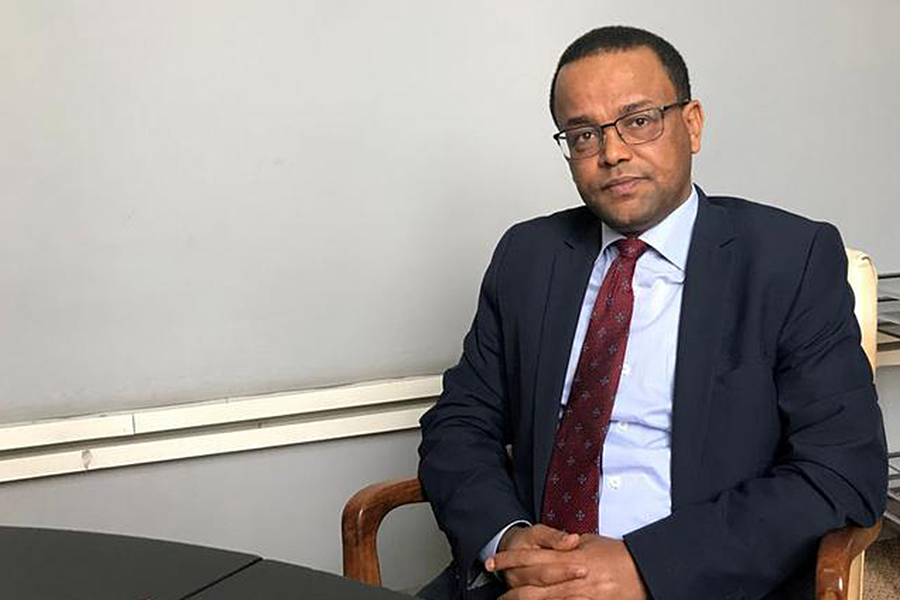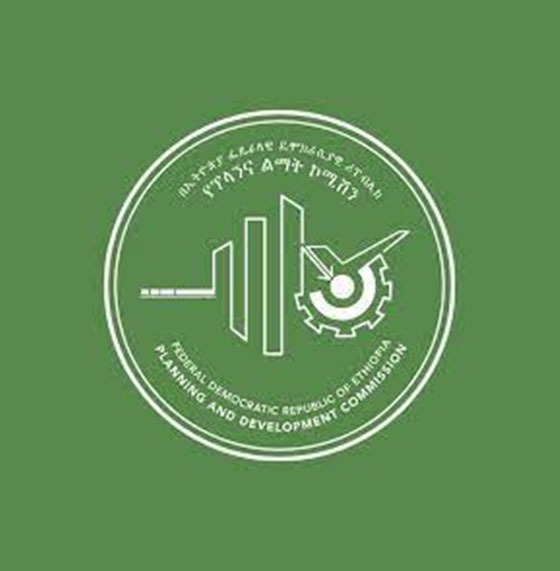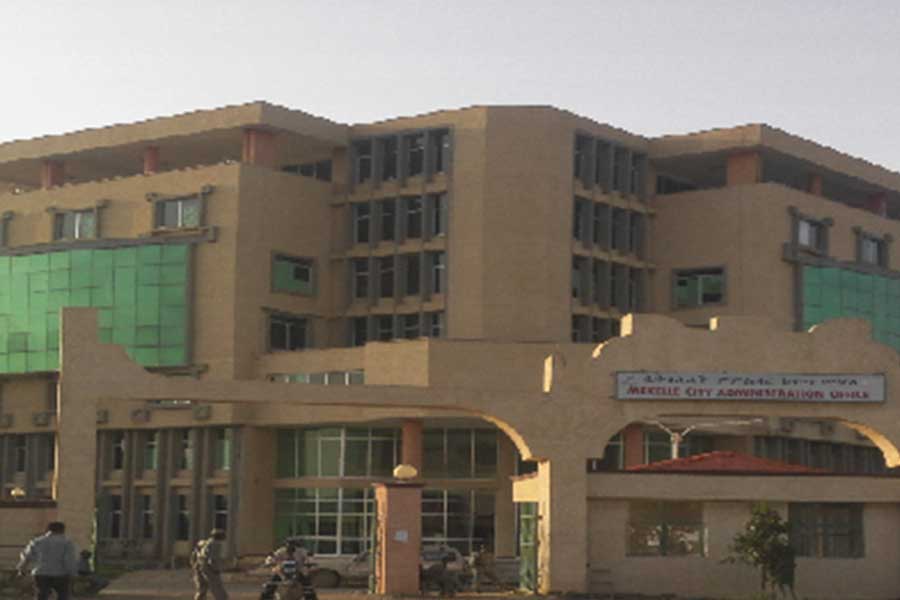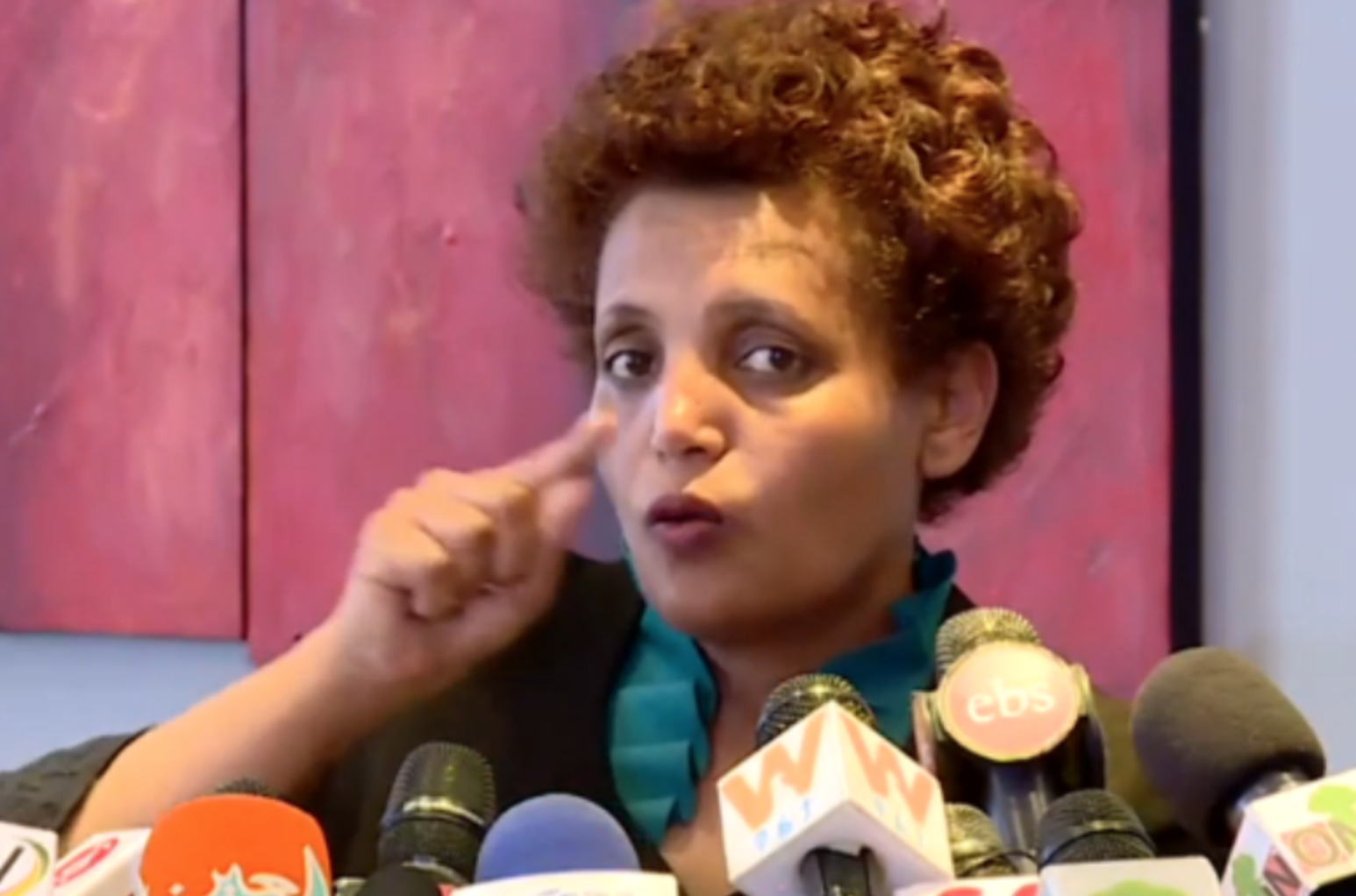
Fortune News | Sep 01,2021
In the aftermath of a devastating war that severely impacted its economy, investors in Tigray Regional State face difficulties to resume operations due to financial shortages and the inability to import duty-free materials. For more than 10 million Br loan requests, around 22 investors have been required to appear in person at the bank headquarters without any progress. About 25 others have struggled to access duty-free privileges necessary for importing machinery to rehabilitate their operations.
Tigray Chamber of Commerce has voiced profound concerns, requesting special attention for businesses recovering from the war. According to Haftey Hagos, the secretary-general, businesses have suffered unprecedented damages and face acute difficulties in returning to normalcy.
"A huge amount of finance is needed," he told Fortune.
He noted that loans, interest waivers for three years, duty-free imports, and life insurance for investors are needed. Members convened in the capital with officials from the Ministry of Finance and the National Bank of Ethiopia (NBE) to address the 5.1 billion Br interest accruing annually. They had requested the central bank consider interest waivers from 18 banks and two microfinance institutions, urging loan reschedules and financing.
"Businesses couldn't begin operation," said Haftey.
Frezer Ayalew, head of Banking Supervision at the central bank, said they asked commercial banks a few months ago to consider allowing investors in Tigray easier access to loans and rescheduling for the long term.
"We have done what we could," he said. "Banks must follow their prudent strategies."
Ethiopia's 31 banks, which have issued nearly two trillion Birr in loans and advances as of June 2023, maintain a Non-Performing Loans ratio of around 3.6pc, below the regulatory five percent threshold. Commercial banks are now implementing strict risk management policies due to the high number of non-performing loans in Tigray Regional State. Demsssew Kassa, secretary general of the Ethiopia Bankers Association, said the state-owned Commercial Bank of Ethiopia (CBE) started offering loans at the corporate level.
Executives from Birhan Bank are preparing critical risk-mitigating strategies for another round of loan disbursement. Desta Bekalo, vice president for Strategy & Marketing at the Bank, said they are working on restructuring and cash injections to prepare for new loans. The Bank disbursed 27.35 billion Br in loans and advances, a 30.6pc increase from the previous year. Birhan Bank in 2022/23 generated a 4.39 billion Br in income from interest and loans.
"We have been preparing ourselves for some time," Desta told Fortune, noting that economic activity in the region is a crucial prerequisite for loan financing.
Business consultants believe it is unwise to expect commercial banks to reopen their doors to investors after suffering from unpaid loans. Millon Kibet, a partner at BDO Consulting Plc, suggested that the government could establish a development bank to revive the businesses and the economy. He cited the establishment of the World Bank after World War II as a model for economic recovery.
"Banks have no room for risks anymore," he said.
Tewodros Mekonnen (PhD), a venerated macroeconomist, concurs. The probability of commercial banks rescheduling loans while financing new investments is questionable according to him.
"They can't afford to do that," he told Fortune.
He suggested a recovery budget from the government and prioritising recovery in development financing, emphasising the need for external intervention.
"Their productive capacity has also been hurt," he said.
Investors have voiced their concerns to the Tigray Investment & Export Commission. Kassahun G.Egziabher, deputy head of the Commission, said they are negotiating with officials at the Ministry of Finance and executives of commercial banks to provide financial relief and duty-free import permits. He said the financial strain was exacerbated by unrequited demurrage costs at Djibouti ports, where machinery is being held.
"They are struggling," Kassahun told Fortune.
Existing and new investors planning to start or restart their businesses after receiving licenses from the Commission have been hindered by the absence of finance, according to Kassahun.
One such company, Selam Terrarrzo Factory Plc, has faced severe financial issues. The company could not secure the 800 million Br it requested from a commercial bank to restart and expand its operations. Despite multiple attempts to visit the headquarters, Alemseged Adnew, the general manager, said he was unable to obtain a loan for months, further hampering the company's ability to import machinery.
Established in 2006, the factory in Mekelle City suffered damages worth millions of Birr during the war. Two years later, it remains unable to resume normal operations due to financial and import difficulties.
"We couldn't get back to our business," Alemseged said.
Officials from the Ministry of Finance assert that business is proceeding as usual on their end. Gossa Tefera, head of the Tax Policy Directorate, noted that those who fulfilled the investor criteria have received services without special treatment.
"Nothing out of the ordinary has happened," he said.
PUBLISHED ON
Jul 28,2024 [ VOL
25 , NO
1265]

Fortune News | Sep 01,2021

Commentaries | Sep 08,2024

Fortune News | Apr 19,2025

Editorial | Dec 26,2020

Fortune News | Jul 31,2021

Fortune News | Sep 18,2022

Fortune News | Aug 22,2020

Election 2021 coverage | Dec 26,2020

Commentaries | Jul 10,2020

Commentaries | Mar 30,2024

Dec 22 , 2024 . By TIZITA SHEWAFERAW
Charged with transforming colossal state-owned enterprises into modern and competitiv...

Aug 18 , 2024 . By AKSAH ITALO
Although predictable Yonas Zerihun's job in the ride-hailing service is not immune to...

Jul 28 , 2024 . By TIZITA SHEWAFERAW
Unhabitual, perhaps too many, Samuel Gebreyohannes, 38, used to occasionally enjoy a couple of beers at breakfast. However, he recently swit...

Jul 13 , 2024 . By AKSAH ITALO
Investors who rely on tractors, trucks, and field vehicles for commuting, transporting commodities, and f...

Nov 1 , 2025
The National Bank of Ethiopia (NBE) issued a statement two weeks ago that appeared to...

Oct 25 , 2025
The regulatory machinery is on overdrive. In only two years, no fewer than 35 new pro...

Oct 18 , 2025
The political establishment, notably the ruling party and its top brass, has become p...

Oct 11 , 2025
Ladislas Farago, a roving Associated Press (AP) correspondent, arrived in Ethiopia in...